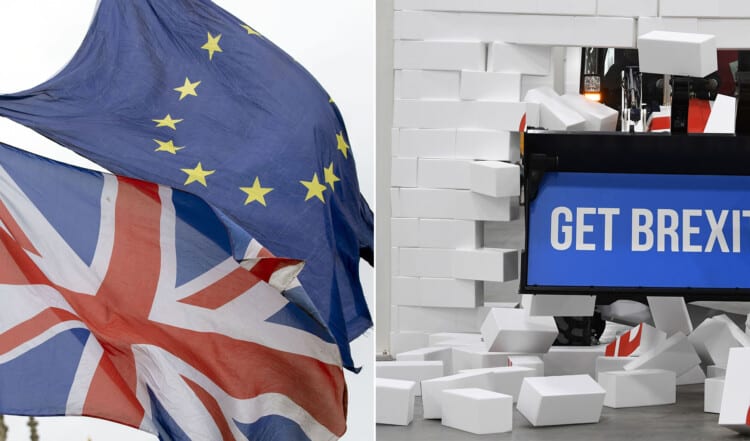Were clever people more likely to vote Remain or Leave in the 2016 Brexit referendum? It seems that new research has figured this out.
Brexit
The United Kingdom officially left the European Union on January 31, 2020.
The transition period, during which the UK and the EU negotiated their future relationship, ended on December 31, 2020.
Clever people more likely to vote Remain
Now researchers from the University of Bath have reached their verdict, reports The Daily Mirror.
They looked at whether cognitive skills including memory, verbal fluency and numerical reasoning were linked to how people decided to vote.
It found that only 40% of people with the lowest cognitive ability voted Remain, while 73% of those with the highest cognitive ability voted remain.
Lead study author Dr Chris Dawson said: “Depending on which side of the debate you fall, reading this may fill you with anger or joy. However, both these emotions are an error of judgement.” He warned the findings are based on “average differences”, adding there is a “huge amount of overlap” between the spread of Remain and Leave cognitive abilities. “Indeed, we calculated that approximately 36% of Leave voters had higher cognitive ability than the average (mean) Remain voter.”
Chilled
It comes as Dave Ramsden, the Bank of England’s deputy governor for markets and banking, said the fallout from the 2016 referendum had “chilled” investment levels compared with other leading nations and contributed to a lower “speed limit” for the UK economy.
“It’s hard to conclude otherwise, that the decision to leave the EU – that may have had lots of goods reasons for it – but that it has chilled business investment,” he said.
Ramsden added: ““You can see a break in the trend for UK business investment in 2016. It had been going up since the global financial crisis and then it flattened off from 2016 onwards.”
Related: Brexiter James Dyson Isn’t A Happy Man After Newspaper Hurts His Feelings







